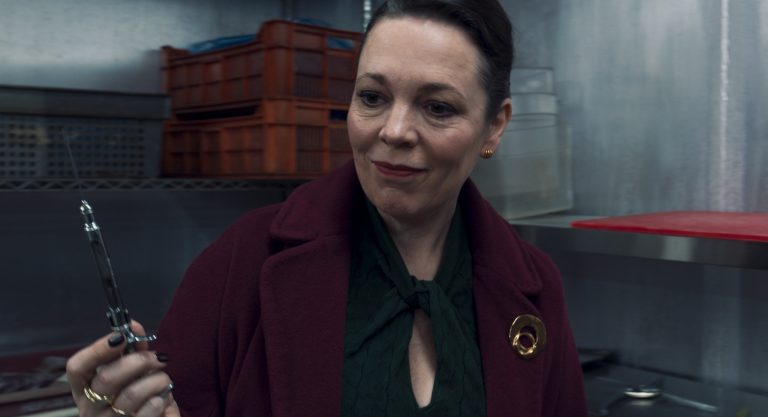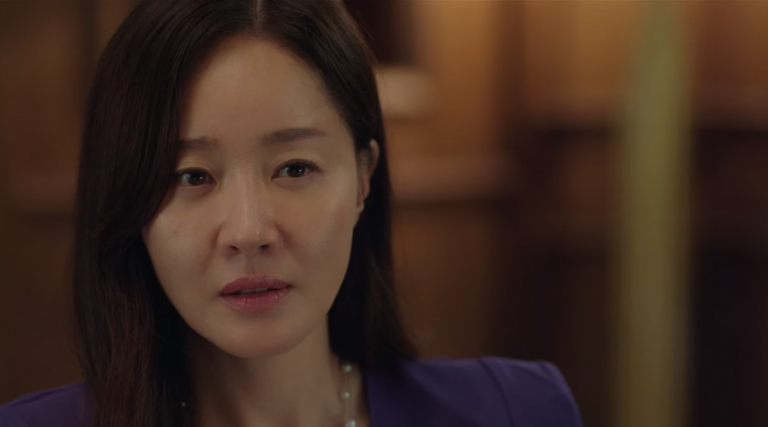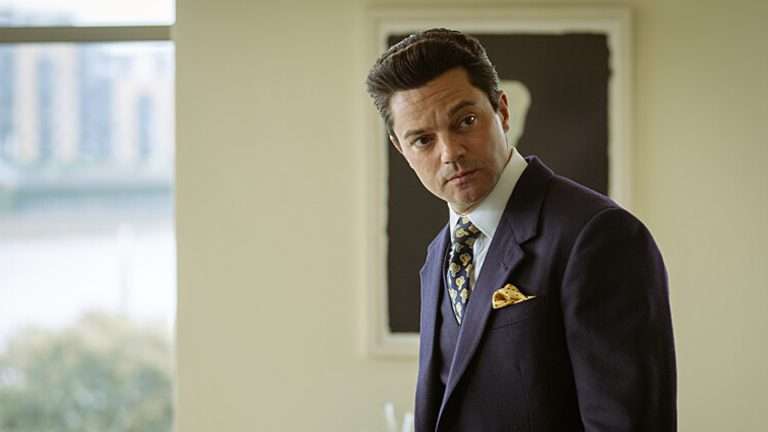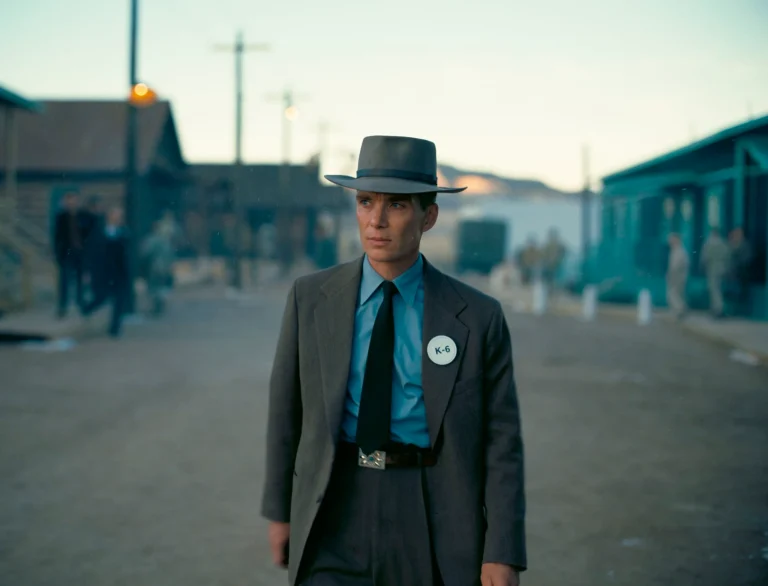Evil Does Not Exist (‘Aku wa sonzai shinai,’ 2022) is perhaps the work with the most peculiar genesis among the ones made by Japanese filmmaker Ryusuke Hamaguchi. Winner of the 2023 Oscars in the Best International Film category and nominated in the Best Director category for the film Drive My Car, Hamaguchi presented his latest film in competition at the latest Venice Film Festival. Crafted in the form of an elegant ecological parable, Evil Does Not Exist is a profound reflection on the delicate concept of balance.
The environmental drama is essentially structured on the dichotomy of speech/no speech. In fact, the film’s soul is structured in two opposing strands. The first one is held up by dialogues, exchanges of opinions, and conversations, and the other one by an almost spiritual silence. Silence is proper only to the characters in the scene, leaving room for the splendid soundtrack curated by composer Eiko Ishibashi.
Hamaguchi explained that the movie’s development started from the desire to transpose the composer’s music filmically, immersing it in a context co-inhabited by man and nature. What was intended to be a short video art film lasting about 30 minutes evolved by adding dialogue, shaping the particular structure of the final film. The narration is set in Mizubiki, a small mountain village that can be reached within a few hours from Tokyo and is surrounded by a majestic and primordial nature.
The villagers move through unspoiled forested landscapes, continuously observed by a director who manages to simulate the point of view of nature itself. Appropriating a delicate yet analytical gaze, the spectator witnesses the characters inhabit their ecosystem. Lengthy shots of simple, everyday activities, such as cutting wood, collecting spring water, and walking in the woods, calmly fill the screen. In this arc of the movie, music and nature take center stage. Those who move there do so with the utmost politeness and respect.
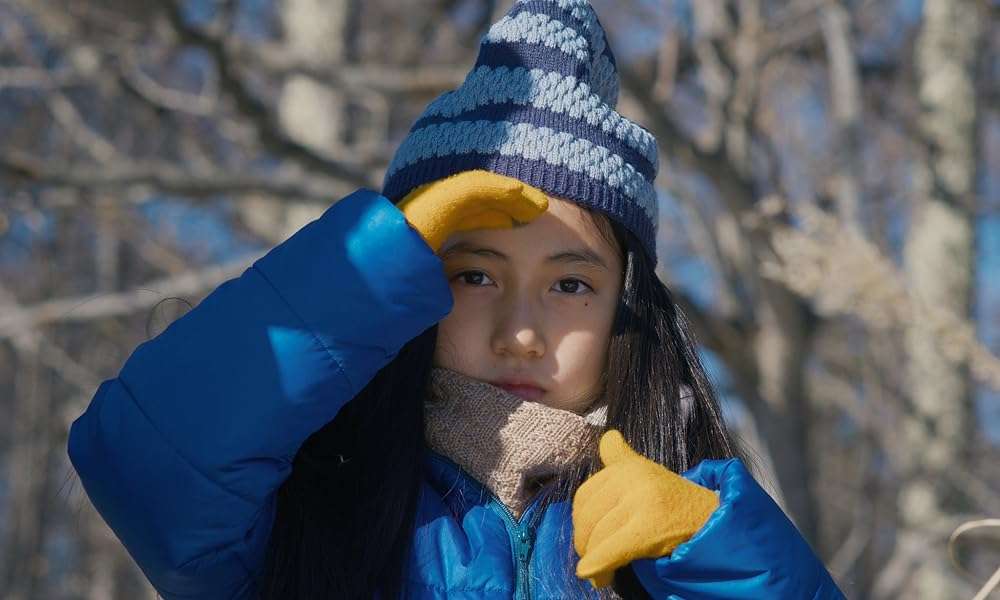
Where the music ceases, people begin to converse, in what turns out to be the leading element of disharmony to threaten that seemingly inviolable nature. In fact, the more “plot” strand of “Evil Does Not Exist” unfolds with the arrival of two outside characters, Takahashi and Mayuzumi. They are representatives of an entertainment company, Playmode, intent on building a glamping in the otherwise unpolluted forests of Mizubiki. In particular, the construction of the glamping would result in the inevitable contamination of the local water sources, thus endangering the ecological balance of the plateau and its inhabitants.
The project frames the shadow of urbanization on an otherwise perfect balance, as painstakingly preserved as it is. It shows how “Evil Does Not Exist” is based on a second fundamental opposition – between nature and city dwellers. Despite Takahashi’s and Mayuzumi’s apparent lack of preparation, both perspectives are treated with poise and empathy. In correcting the stereotype of people leading seemingly trivial lives as ignorant and easily manipulated, the townspeople demonstrate cohesion, sagacity, and humanity. Not only that, the connotations of simplicity and depth of Mizubiki’s nature appear to be connotations inherited by its own inhabitants.
Likewise, the duo from Tokyo is neither rendered a superficial representation nor in any way belittled, in an objective and never portrayed in a judgmental manner. Hamaguchi wants to avoid taking sides but push toward that quest for balance proper to the natural world. All the actors play their roles to perfection. Especially noteworthy is the performance of Hitoshi Omika, who plays the role of Takumi, a handyman and representative of the residents of Mizubiki. Equally spot-on is the performance of the duo consisting of Ryuji Kosaka and Ayaka Shibutani, or the glamping project officials.
Special mention should also be made of the character of little Hana (Ryo Nishikawa), Takumi’s daughter, central to the story and not easy to play for such a young actress. Hamaguchi’s direction is perfectly functional in enhancing the different storylines and draws strength from the director’s documentary experience. The screenplay, also edited by Hamaguchi, imbues the film with a tone of delicate respect and subtle irony for the two hearts of the film.
Although Evil Does Not Exist may, on the surface, come across as slow and lacking in content, the film has a profound hidden depth. This is precisely because of its particular structure, shifting the narrative focus from surface to subtext. The slow and dilated times are an invitation to reflection, to which the characters, particularly Takahashi and Mayuzumi, are primarily subjected. Both of them will take the opportunity to reflect on their own lives, desires, and values. As the viewer is easily closer to the perspective of outsiders like them, they are put in a state of suspended action and meditation. Gradually and subtly, they are invited to consider, as humans, the balance we should collectively strive for.
The ending, in an unexpected upheaval of the perfect balance achieved by Hamaguchi, denotes the broader interpretive range of the movie, from the literal to the utterly metaphorical. Following an initial phase of detached reflection, the viewer is invited to reflect upon their own individual reading of the story. Initially unsettling, it is a fascinating choice of shifting interpretive responsibility from the author to his audience.
Once again, Ryusuke Hamaguchi is able to stage a work of commendable experimentalism and sophistication, sublimating the splendid musical accompaniment to the utmost. Equally noteworthy is the work done by Yoshio Kitagawa’s cinematography, which is able to pay homage to the fullest extent to the fragility and wonder of Mizubiki’s natural heritage. Definitely suited to be viewed several times to clarify one’s interpretation, Evil Does Not Exist is a layered film through which the director confirms himself as one of the most exciting filmmakers of recent years.
Winner of the Grand Jury Prize in competition at the 80th Venice International Film Festival and the FIPRESCI Award from the International Federation of Film Critics, Evil Does Not Exist is produced by NEOPA Inc and Fictive. Although it still lacks an international distribution date, screenings of the film are planned at the 2023 New York Film Festival and in the “Icon” section of the 28th Busan International Film Festival in October 2023.


